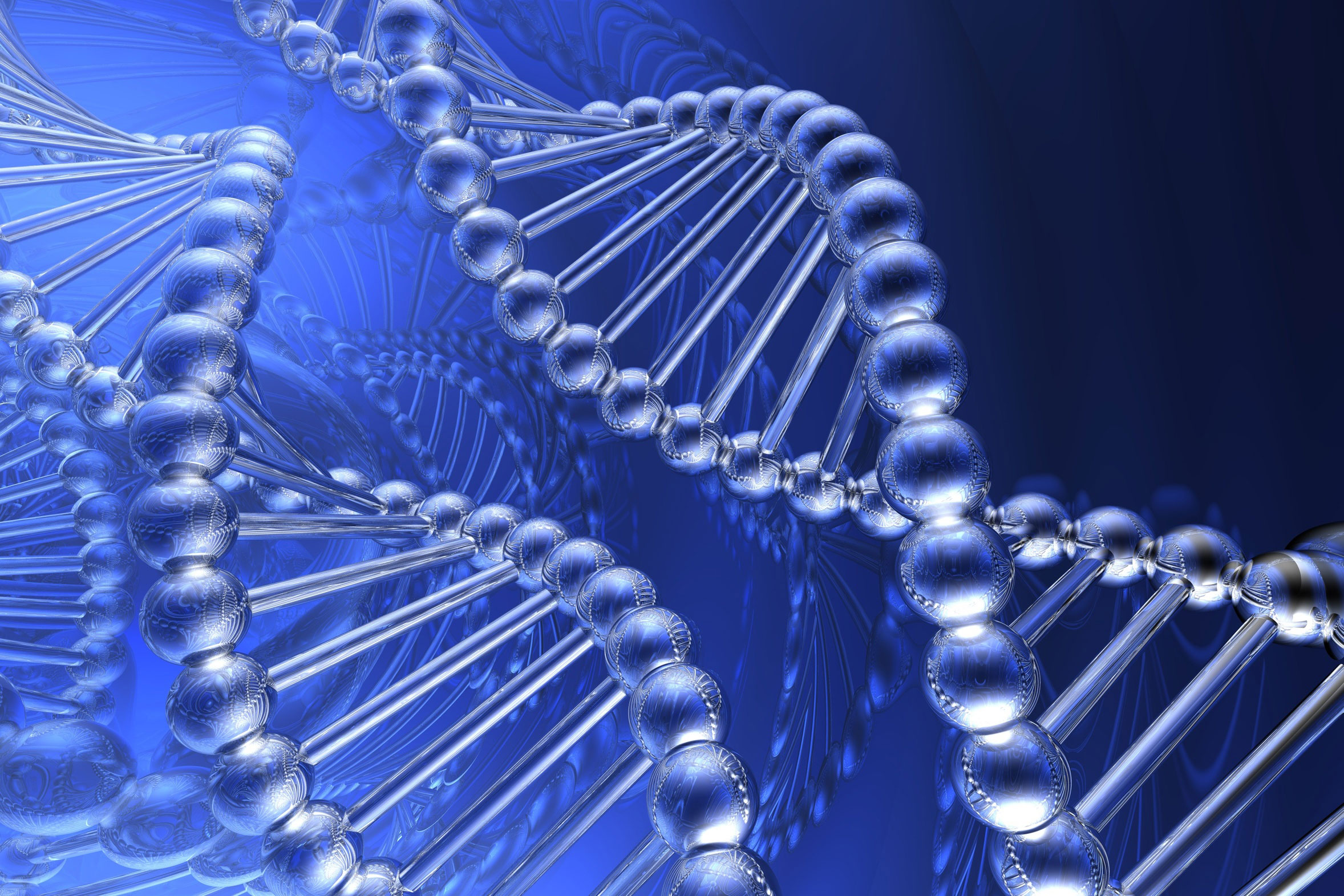DNA database now about suspects, not offenders
A new report has called for parliament to actually debate the DNA database.


The DNA database has moved from a database of offenders to one of suspects, according to a new report from the Human Genetics Commission.
The government's own genetics advisory board has said the DNA database must be debated in parliament, as it claimed police are making arrests to collect samples and young, black men are disproportionately represented.
The DNA database holds a record of eight per cent of the UK population, but three-quarters of black men between the ages of 18 to 35 are on it, the report said.
It also quoted a former police officer as saying that practices of arrest had changed, with a new focus on making arrests.
"It is apparently understood by serving police officers that one of the reasons, if not the reason, for the change in practice is so that the DNA of the offender can be obtained: samples can be obtained after arrest but not if there is a report for summons," the senior officer was quoted as saying.
"It matters not, of course, whether the arrest leads to no action, a caution or a charge, because the DNA is kept on the database anyway."
The Association of Chief Police Officer disputed the claim. "The suggestion that using powers of arrest to obtain DNA has become routine policy is plainly wrong. The law around powers of arrest is very clear," Chris Sims, ACPO lead on forensics, said in a statement.
Get the ITPro daily newsletter
Sign up today and you will receive a free copy of our Future Focus 2025 report - the leading guidance on AI, cybersecurity and other IT challenges as per 700+ senior executives
Time for a law?
The report noted that the database was not created with a new law or ever debated in parliament, but that it should be. Indeed, the database was created after amendments to earlier legislation written before such technologies existed - not unlike what business secretary Peter Mandelson is attempting to do with copyright law and piracy.
The DNA database has also been criticised by the European Court of Human Rights.
Earlier this month, the Home Office released details of tweaks to the database, but some people not convicted of their crimes will still be kept on record.
That is one major area of complaint the commission noted in its report. Saying the database had slipped "from a database of offenders to a database of suspects," the report noted that it makes no sense to keep data from arrests where the person wasn't convicted - as in, innocent people - unless the government planned to include all such people.
Of course, that's not what the report recommended, adding: "We reiterate our view that holding the DNA records of innocent people fundamentally alters how suspicion, guilt and innocence function in the relationship between the citizen, society and the state."
Freelance journalist Nicole Kobie first started writing for ITPro in 2007, with bylines in New Scientist, Wired, PC Pro and many more.
Nicole the author of a book about the history of technology, The Long History of the Future.
-
 Bigger salaries, more burnout: Is the CISO role in crisis?
Bigger salaries, more burnout: Is the CISO role in crisis?In-depth CISOs are more stressed than ever before – but why is this and what can be done?
By Kate O'Flaherty Published
-
 Cheap cyber crime kits can be bought on the dark web for less than $25
Cheap cyber crime kits can be bought on the dark web for less than $25News Research from NordVPN shows phishing kits are now widely available on the dark web and via messaging apps like Telegram, and are often selling for less than $25.
By Emma Woollacott Published
-
 ‘Archaic’ legacy tech is crippling public sector productivity
‘Archaic’ legacy tech is crippling public sector productivityNews The UK public sector has been over-reliant on contractors and too many processes are still paper-based
By Emma Woollacott Published
-
 Public sector improvements, infrastructure investment, and AI pothole repairs: Tech industry welcomes UK's “ambitious” AI action plan
Public sector improvements, infrastructure investment, and AI pothole repairs: Tech industry welcomes UK's “ambitious” AI action planNews The new policy, less cautious than that of the previous government, has been largely welcomed by experts
By Emma Woollacott Published
-
 UK government trials chatbots in bid to bolster small business support
UK government trials chatbots in bid to bolster small business supportNews The UK government is running a private beta of a new chatbot designed to help people set up small businesses and find support.
By Emma Woollacott Published
-
 The UK's hollow AI Safety Summit has only emphasized global divides
The UK's hollow AI Safety Summit has only emphasized global dividesOpinion Successes at pivotal UK event have been overshadowed by differing regulatory approaches and disagreement on open source
By Rory Bathgate Published
-
 Rishi Sunak’s stance on AI goes against the demands of businesses
Rishi Sunak’s stance on AI goes against the demands of businessesAnalysis Execs demanding transparency and consistency could find themselves disappointed with the government’s hands-off approach
By Rory Bathgate Published
-
 UK aims to be an AI leader with November safety summit
UK aims to be an AI leader with November safety summitNews Bletchley Park will play host to the guests who will collaborate on the future of AI
By Rory Bathgate Published
-
 AI-driven net zero projects receive large cash injection from UK gov
AI-driven net zero projects receive large cash injection from UK govNews Funds have been awarded to projects that explore the development of less energy-intensive AI hardware and tech to improve renewables
By Rory Bathgate Published
-
 Who is Ian Hogarth, the UK’s new leader for AI safety?
Who is Ian Hogarth, the UK’s new leader for AI safety?News The startup and AI expert will head up research into AI safety
By Rory Bathgate Published